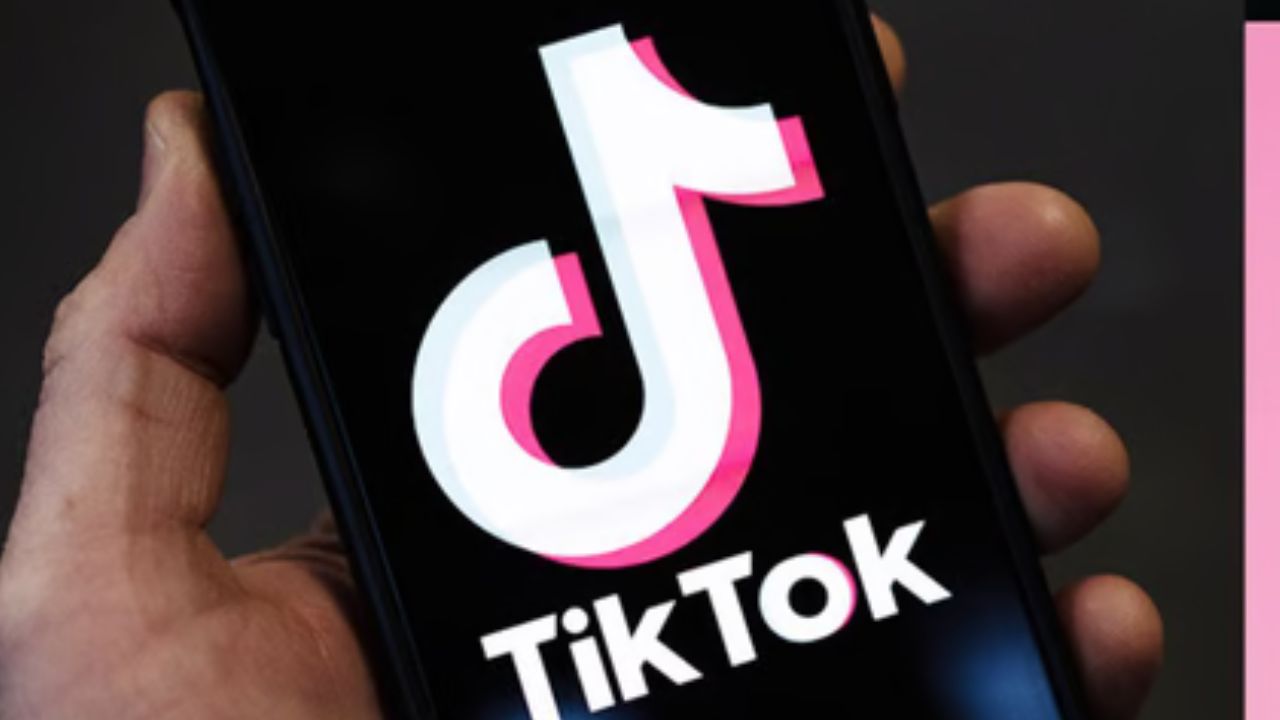While the exact origin of Womp Womp remain somewhat elusive, the term’s and meme journey through the years paints a fascinating picture of how language evolves and finds new resonance in the digital age, have a look at its meaning of TikTok
In the vast landscape of internet culture, certain phrases and sounds take on a life of their own, transcending time and context. One such example is “Womp Womp,” an onomatopoeic expression that humorously conveys disappointment or failure.
Explained what is the meaning of the “Womp Womp” meme as trend goes viral on TikTok
Womp Womp Womp…STAY MAD😭pic.twitter.com/gTdXIXbA4h https://t.co/DgjHd6GxBx
— theequeenstallion1👑Fan Account (@queen_stallion1) December 17, 2023
The roots of “Womp Womp” can be traced back to the late 1800s and early 1900s with vaudeville shows emerging as a potential birthplace. This term is used to express disappointment.
These live theatrical performances, popular in the United States at the time, may have been where the distinctive sound associated with the phrase first gained traction.
An Urban Dictionary entry in October 2005 by Reverend Dr. Mycopheles also pointed to this historical connection, solidifying the link between “Womp Womp” and the vaudeville era.
Fast forward to May 2010 when YouTuber Josh Streeter uploaded a clip featuring the Sad Trombone audio. The video quickly went viral, amassing over 1.5 million views and sparking discussions about the origins of the sound. On platforms like Board Game Geek Forums and Reddit’s /r/OutOfTheLoop, users delved into speculations, with Weedwacker on Reddit attributing it to a stock sound originating from vaudeville shows.
The internet’s ability to amplify cultural phenomena became evident in January 2013 when a student uploaded a video of a professor announcing class grades, accompanied by the infamous “Womp Womp” sound. The clip garnered over 6.4 million views, illustrating how online platforms contribute to the propagation of shared experiences.
However, the phrase didn’t remain confined to light-hearted contexts. In June 2018, during a Fox News discussion about US-Mexico border issues, former President Donald Trump’s ex-campaign official Corey Lewandowski responded to a story about a separated 10-year-old girl with Down Syndrome with a callous “Womp Womp.” The remark sparked controversy, with many deeming it insensitive and lacking empathy.
“Womp, Womp” incident
Just a month later, the phrase took a darker turn when Shane Ryan Sealy brandished a gun at an immigration rally in Huntsville, Alabama, yelling “Womp, Womp” in reference to Corey Lewandowski’s controversial statement. Sealy’s use of the phrase in a potentially threatening situation highlighted the real-world consequences of internet expressions bleeding into offline actions.
The evolution of “Womp Womp” is not isolated; it reflects a broader trend in internet language dynamics. Other onomatopoeic phrases like “Ba Dum Tshh” and “Blech” have also found popularity, conveying humor and disgust, respectively.



